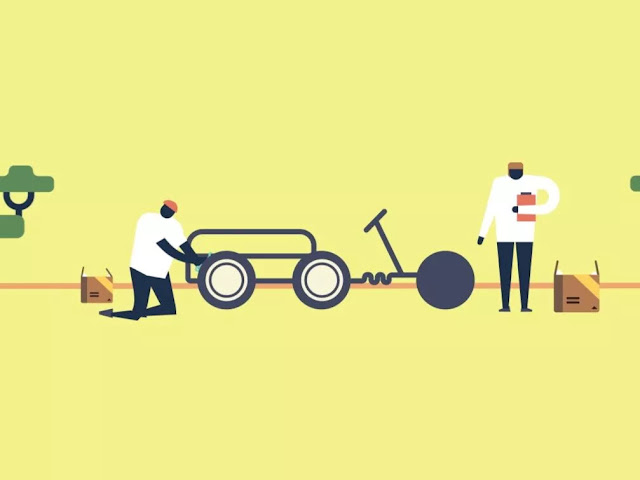Distributed or Centralised Infrastructure?

Distributed infrastructure, such as that provided by the internet, allows for more reliability - if one node is damaged, it barely affects the rest of the network. It affords more freedom - less reliance on a centralised 'grid' controlled and manipulated by the elite. It is more in-line with nature, creating a symbiotic entity where the sum is greater than its parts, and each participant compliments the rest with cooperation but doesn't burden the whole either. However, the centralised systems we are used to, those which provide our public infrastructure, still have a place, because they can often be more efficient than a distributed system. For example, it would be difficult to run a train system with solar panels on the station roof, so the train taps into the main grid. When assessing and managing the Earth's resources, a global inventory would be important. We would need to decide on the most efficient solution between distributed and centralised infrastructu...
